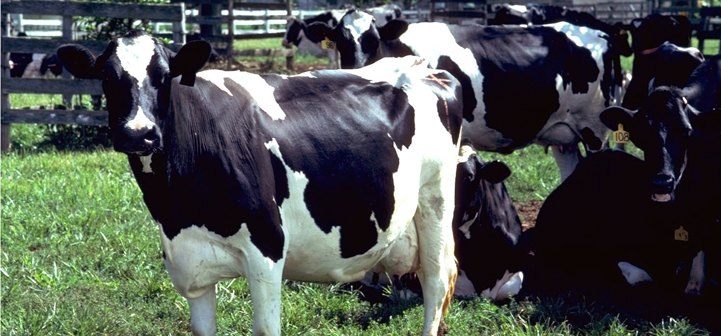Please check this link first if you are interested in organic or specialty dairy production.
SNP Evaluation Systems (continued)
Limitations of SNP Selection
The main limitation of SNP selection is having good phenotypic information from a large number of animals in the population of interest (Hayes et al. 2009). For example, accuracy improved markedly when the number of progeny-tested American Holstein bulls increased from 1,151 to 3,576 (VanRaden et al. 2009). Very few populations of cattle have thousands of …
